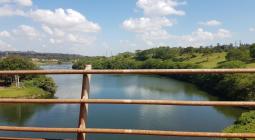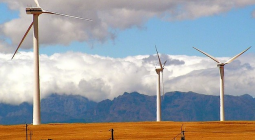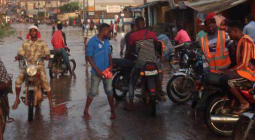African Leaders Push for Strong Action on Climate Change.
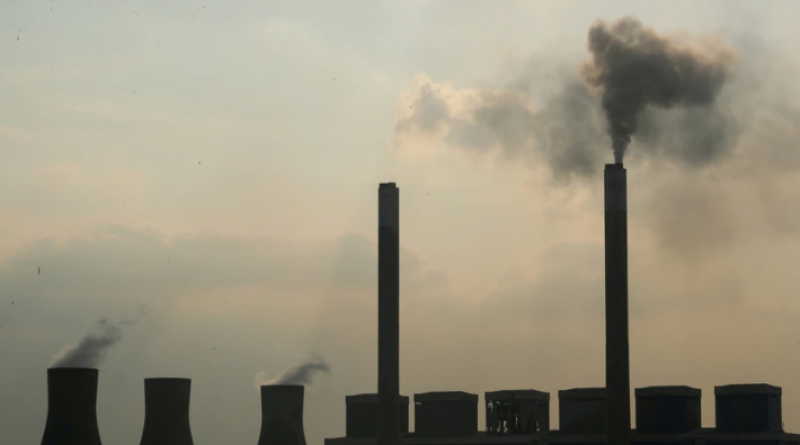
JOHANNESBURG - A pandemic has blanketed the planet. Economies have cratered. Across the world, people are scared, anxious and unsteady about the future.
And you want to talk about climate change?
Yes, say African leaders. Now.
African heads of state met virtually this week to make a push for the global community to do more to fight climate change in Africa, arguing that this environmental crisis could — and in fact, is — making the impact of the COVID-19 pandemic worse in the developing world. They are pushing a bold, multibillion dollar plan ahead of a vital climate conference planned for later this year.
It is hardly news that the pandemic has dealt a body blow to the developing world, said Kenyan President Uhuru Kenyatta. But, he said, it has affected everything.
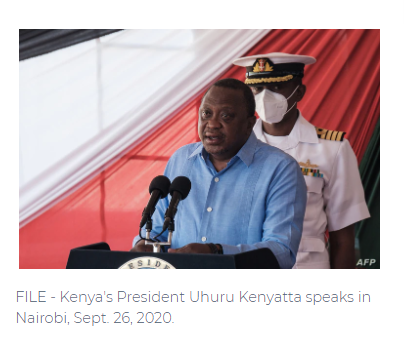
"Africa is one of the most vulnerable continents to climate change and climate vulnerability — a situation that unfortunately has been aggravated by the COVID-19 pandemic," he said, speaking via videoconference Tuesday. "Multiple systemic shocks are now simultaneously threatening African communities and a health crisis, an economic crisis, a food security crisis have all been compounded by this subject that we are continuously debating — that of the climate change crisis. The impact, therefore, of the COVID-19 pandemic on Africa social-economic development has been devastating."
Or, as President Ali Bongo Ondimba of Gabon put it, in an evocative, poetic way that will seem familiar to residents of this vast continent that is larger than the combined landmass of the United States, China and Brazil:
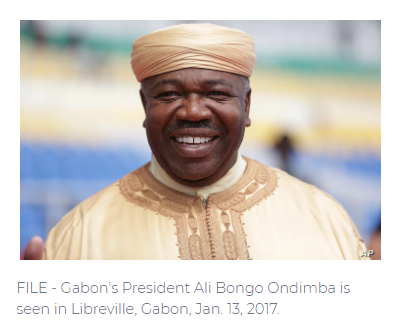
"Every day, the thunderstorms seem more violent. Flooding is more frequent and droughts more severe. Around the world, forests are razed. Crops are failing, people are being forced to flee their homes, becoming climate refugees. Sea levels are rising, potentially drowning cities and even entire countries. The oceans are turning to acid. And salt is penetrating croplands, causing further serious challenges to food security. Ladies and gentlemen, excellencies, Africa contributed just 3 percent of global emissions, but we are the continent which will pay. Indeed, which is already paying the biggest price."
What does this have to do with the pandemic? Tedros Adhanom Ghebreyesus, the director of the World Health Organization, draws that line clearly. Although the continent has reported a relatively low number of cases compared to other regions, it has seen the world's slowest rollout of vaccination campaigns.
"The health sector is one of the most vulnerable to the impacts of climate change, and the key priority sector for adaptation," he said. "Despite this, only 0.5 percent of multilateral climate finance is currently spent on health protection. Financing the overall health response to the pandemic and the climate crisis is essential to save lives and drive a social and economic recovery."
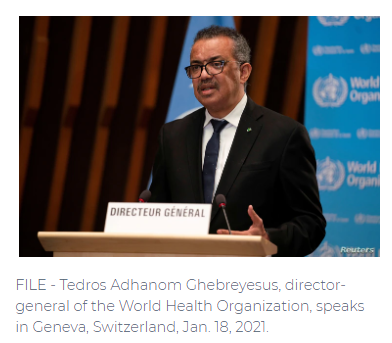
These leaders are pushing the global community to put their money behind their commitment, with this plan, laid out by African Development Bank President Akinwumi Adesina.
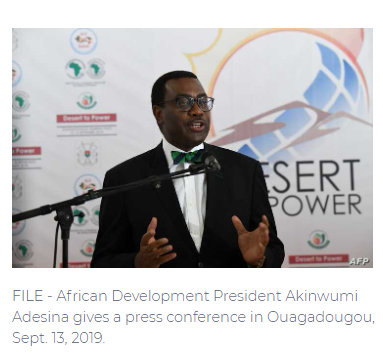
"Our goal is to mobilize $25 billion for climate adaptation for Africa," he said. "The African Adaptation Acceleration Program will build on what is working and speed up the actualization, the African Adaptation Initiative of the African Union."
That is not an abstract plan, he said. It translates to the following tangible steps: digital climate information and advisory services for 30 million farms. A plan to build more resilient infrastructure in cities and rural areas. Greater involvement from the private sector. Greater emphasis on green investments. More jobs in climate-resilient fields for young people.
It is ambitious, big and bold — from a continent that is all of those things. African leaders will take this to the floor of the 26th U.N. climate change conference in Glasgow, Scotland, in November.
7 April 2021
VOA

